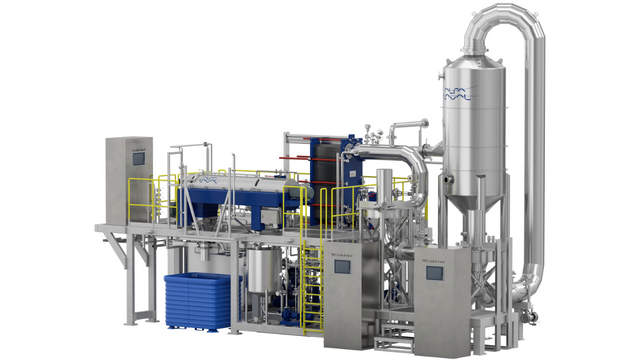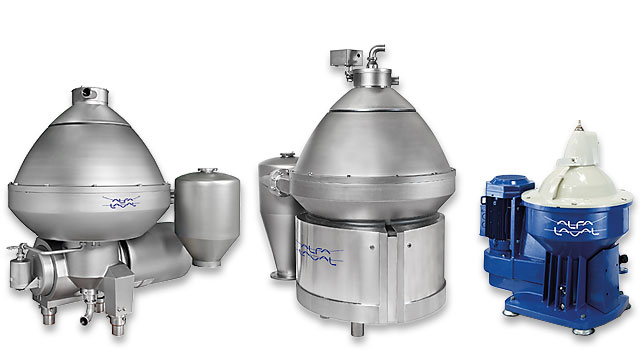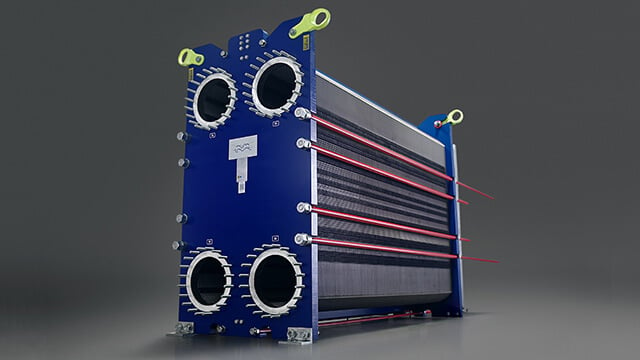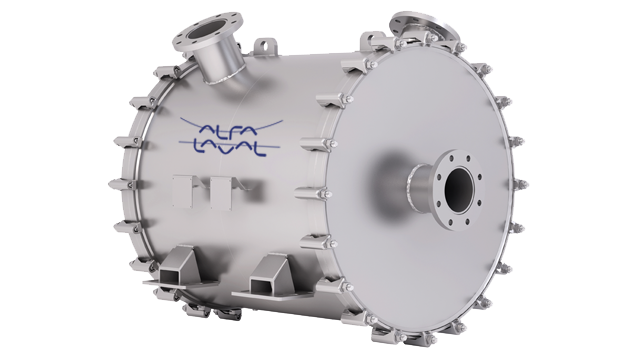Recycling
In a circular economy, recycling is the final phase of a product’s lifecycle, when the product can no longer be reused, serviced or repaired. Recycling lets us take advantage of the components and natural resources within the product and return them to production. However, today only a fraction of materials is recycled; the majority is sent to incineration or a landfill. Fortunately, emerging processes help commercializing the recycling of plastics, tires, textiles, batteries, municipal solid waste (MSW) and more.
Alfa Laval supports you to turn waste into tomorrows resources through:
- Efficient separation and water management: Robust and proven technologies that help reduce water consumption and the amount of non-recyclable waste.
- Heat transfer solutions: For cooling duties in processes such as pyrolysis and gasification.
What a waste if we do not recycle it!
Using recycled materials instead of raw materials is an efficient way of both conserving natural resources and preventing pollution. To manufacture materials the second time around is much cleaner and less energy intensive than using raw materials. There is an urgency to accelerate recycling technologies to defossilize the materials industries, and to preserve the valuable raw materials fundamental to our consumables. Today, more than 90 countries have set Net Zero targets with regards to greenhouse gas emissions. The targets put a very clear focus on developing new technology. Circular economy will play an important role in achieving them.
Plastic and derivates recycling
There are various recycling technologies. Key plastic recycling technologies include:
Mechanical recycling
The most common and widely used method for recycling plastic waste. It utilizes mechanical operations, such as sorting, shredding, and melting, to transform the waste into reusable materials, which primarily affect the physical form and size of the plastic waste. In a mechanical recycling process, the chemical structure of the plastic polymer remains intact, with no significant alterations to its chemical composition.
Advanced chemical recycling
Advanced chemical recycling is usually based on either pyrolysis, solvolysis or enzymolysis. It involves breaking down plastic waste into its chemical components or converting it into other valuable products.
Chemical recycling by solvents (Solvolysis)
A process that breaks down polymers into their individual monomers, enabling them to be polymerized to new chemical products. This technology can handle a broader range of plastic types, including complex and contaminated plastics that are difficult to recycle through mechanical means.
Bio-chemical recycling (Enzymolysis)
Biological recycling, also known as biodegradation or composting, involves the use of microorganisms to break down certain types of plastics into organic matter. This method is typically suitable for biodegradable plastics and can be utilized in specific composting facilities.
Thermo-chemical recycling (Pyrolysis)
A thermal decomposition process that converts plastic waste into fuel, such as oil or gas, in the absence of oxygen. It involves heating the plastic at high temperatures, breaking it down into its basic components.
Transforming waste into resource: Pyrolysis and the future of circular chemicals
By 2050, recycled carbon will play a major role in chemical production. Pyrolysis is key to converting waste like plastics and tires into valuable materials. Alfa Laval’s technologies optimize this process by improving efficiency, product quality, and environmental compliance. With deep expertise, Alfa Laval supports the shift toward circular carbon and a defossilized future.
Battery recycling
The surge in demand for lithium-ion batteries raises concerns about the sustainability and availability of critical minerals like lithium, cobalt, and nickel. Recycling batteries helps mitigate the environmental impact of mining and reduces the reliance on finite natural resources. By recovering valuable materials from used batteries, recycling supports a circular economy and ensures a more sustainable supply chain for future battery production.
Ash recycling
What is often considered waste today can become a valuable raw material in the future. For example, ash from incineration plants often contain high levels of salt that can be extracted and purified.
Sludge can be used as a raw material for concrete. Valuable metals that were previously too difficult to recover can be concentrated from diluted streams. Wastewater can be turned into fertilizer products. And these are just a few examples of the countless ways to use resources more efficiently.
With our unique solutions for heat transfer and separation, Alfa Laval can increase the performance of virtually any type of recycling plant or operation. We help you boost the production of your plant, taking care of valuable waste and completing the cycle.
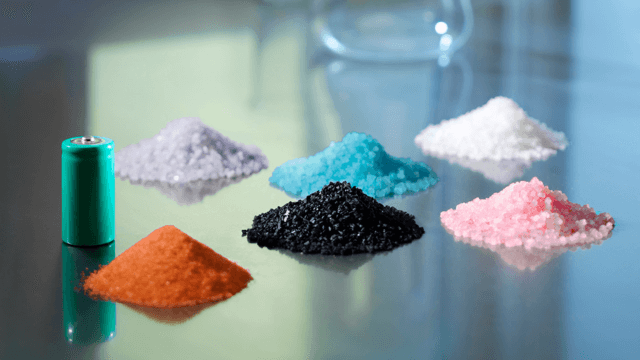
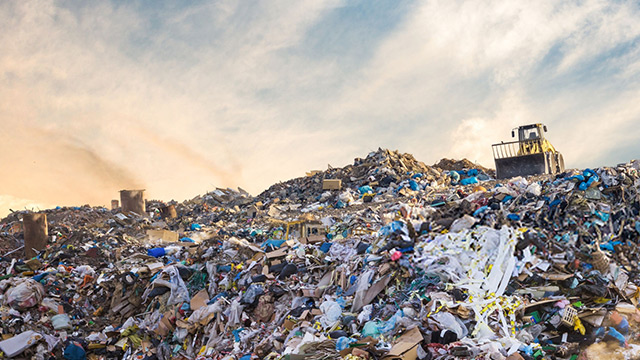
Product overview
We offer solutions for efficient separation and water management in your recycling process, specifically for the critical purification and concentration steps. These robust and proven technologies reduce water consumption and produce less non-recyclable waste. For cooling duties in processes like pyrolysis and gasification, we offer a wide range of heat transfer solutions. Keep reading to learn how we can support you in turning today’s waste into tomorrow’s value.
Energieffektivitet
Ren energi
Bærekraftig partnerskap
Kontakt oss for å finne ut mer
Kontakt oss i dag for mer informasjon om de bærekraftige løsningene våre

